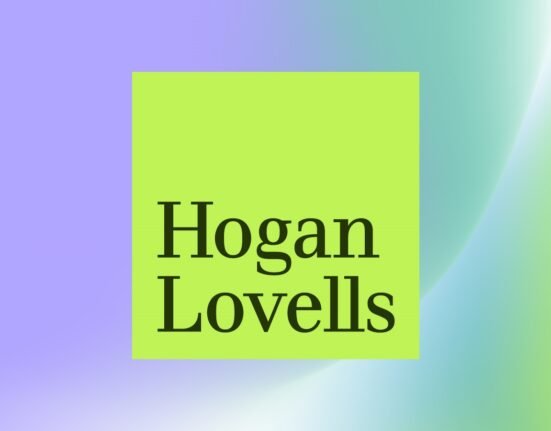State legislation passed this week paves the way for Pittsburgh to exempt or defer tax increases for longtime homeowners whose property values have jumped since they purchased their houses.
The goal is to protect longtime residents from being taxed out of their homes in developing neighborhoods where skyrocketing property values could lead to major increases in property tax bills.
Spearheaded by state Senate Minority Leader Jay Costa, D-Forest Hills, the bipartisan legislation will allow Pittsburgh to enact ordinances protecting homeowners in developing areas from steep hikes to their city tax bills.
It won’t offer any relief for property owners who don’t live in the homes or for people who are purchasing new properties.
The effort to shield longtime homeowners from steep tax spikes, Costa said, reaffirms “the importance of protecting the people who have built our communities.”
“As the costs of living rise, along with property taxes, it’s up to us to ensure that seniors and long-term members of our communities can afford to stay in the homes and neighborhoods they love,” he said.
Costa’s office said he expects Gov. Josh Shapiro to sign the bill into law.
In Lawrenceville, for example, development has caused the median home price to jump about tenfold since 2000. The average home price in that neighborhood reached about $350,000 last year.
Residents who have owned homes in places like Lawrenceville as property values have steadily risen could see their property taxes soar if their homes are reassessed.
The Longtime Owner Occupant Tax Exemption Program — known as LOOP — simply clears the way for Pittsburgh to create its own system to alleviate increases to property taxes. City officials have not yet outlined the specifics of the program they may implement, but Mayor Ed Gainey has expressed support for such an initiative.
It will be up to city officials to determine the details, including how long homeowners would have to live in their homes to qualify and how much tax relief will be offered.
The state legislation specifically targets Pittsburgh. It won’t help homeowners in other municipalities, and it doesn’t apply to county or school taxes.
It was not immediately clear when Pittsburgh officials might move ahead with instituting a program. A spokesperson for Gainey declined to comment Thursday.
Mike Suley, a local tax consultant and former manager of Allegheny County’s Office of Property Assessment, said this would be a “great program for the region.”
It could be especially beneficial, he said, for seniors with limited incomes who might face hardships from heftier tax bills.
“You would be shielded from any massive increase if you’re in this program,” Suley said, though how impactful the program will be depends on what limitations city officials impose.
Officials will need to balance the desire to help longtime homeowners with the practical need to collect enough tax revenue, Suley said. That balancing act may be a factor in how the program is rolled out.
“Of course, you want to give everyone tax breaks — but at the same time, you need tax revenue to make everything work,” he said.
Big jumps in tax bills could occur for various reasons, including under a countywide reassessment — an ongoing subject of discussion — or on a property-by-property basis.
Factors that could trigger individual reassessments include mathematical or clerical errors, building permits for physical changes to a house or appeals by property owners or taxing bodies.
So far this year in Allegheny County, there have been more than 5,000 valuation changes because of omissions, mathematical or clerical errors countywide. It was unclear how many were in Pittsburgh.
Nearly 10,500 properties saw their values appealed in Allegheny County last year. On average, about half saw a hike in taxes.
Existing Pennsylvania law required that Allegheny County enact an ordinance to permit its 130 municipalities to craft their own programs to defer or exempt tax increases for longtime homeowners. The county, however, has been unable to create a program that can withstand legal challenges and work for the many different municipalities it encompasses.
An attempt to enact such a law in 1990 was struck down in a legal battle because it was too broad and didn’t comply with the parameters outlined in the state statute.
The legislation approved in Harrisburg this week allows Pittsburgh to put into effect its own policy, without any action from the county.
Philadelphia has a similar tax relief program. Residents there who have lived in their homes for at least a decade can have their tax assessment increases limited if they’ve seen recent jumps in their home’s assessed values.
The program is available only for homeowners who meet certain income criteria and whose properties have seen major assessment increases.
Eligible Philadelphia homeowners can have their home assessments capped at 50% or 75% of the previous amount and have their assessment locked in for as long as they remain eligible for the program.
Julia Burdelski is a TribLive reporter covering Pittsburgh City Hall and other news in and around Pittsburgh. A La Roche University graduate, she joined the Trib in 2020. She can be reached at jburdelski@triblive.com.







